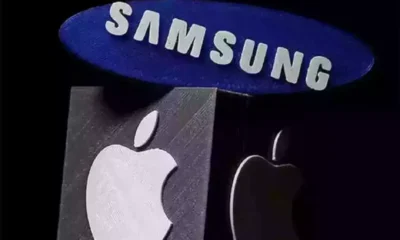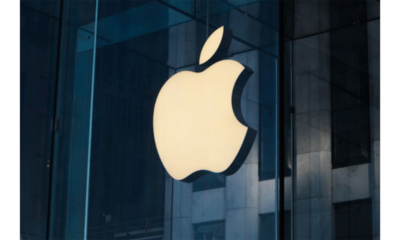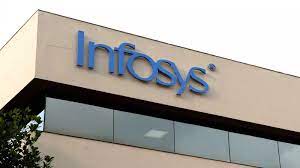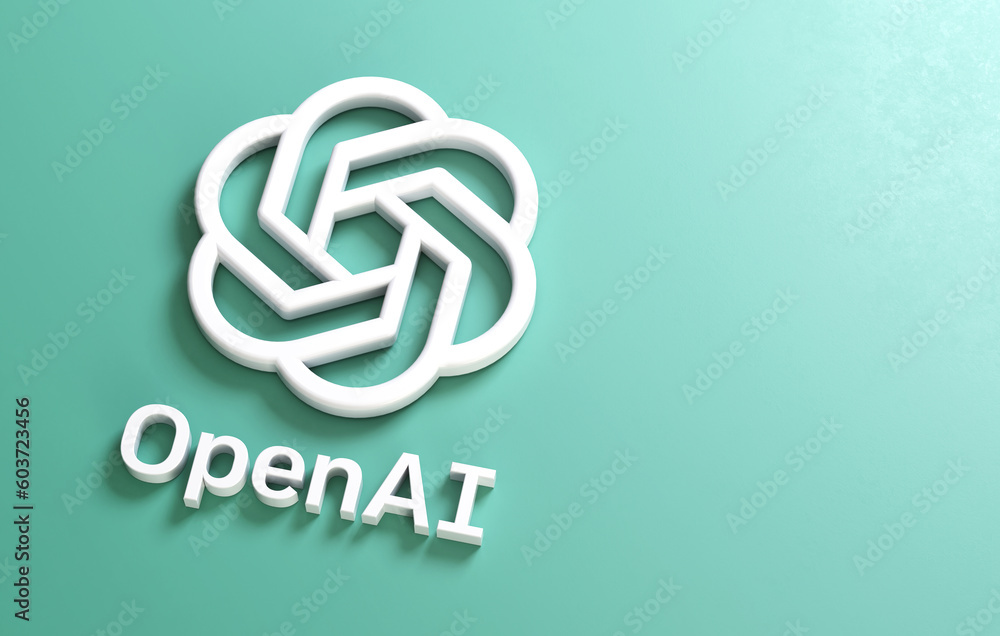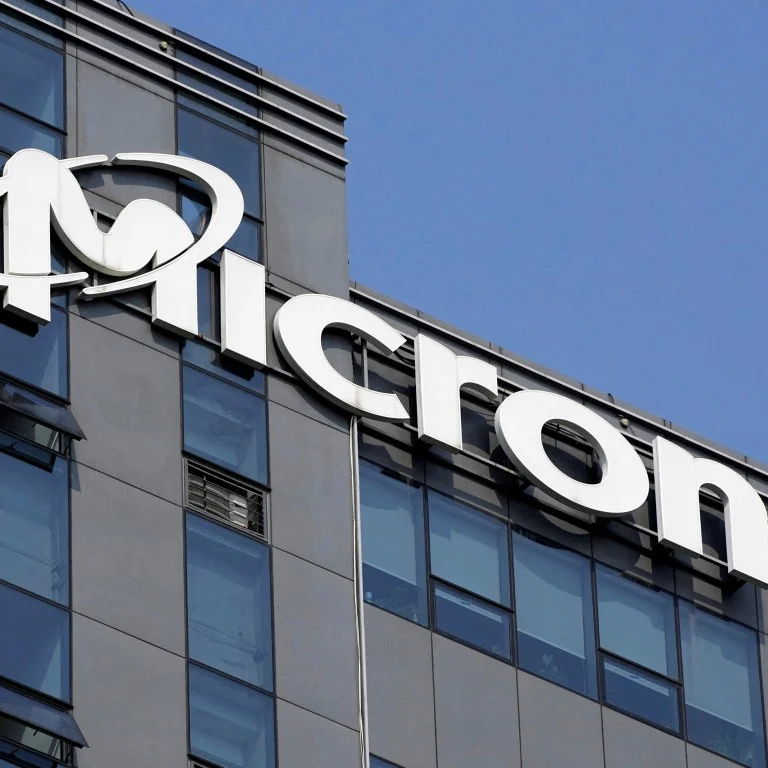In this week’s tech roundup, significant developments have been witnessed across various fronts. OpenAI has rolled out a crucial upgrade for ChatGPT, while Meta is testing its AI chatbot on WhatsApp and Instagram. Additionally, Google Gemini AI is set to debut on Oppo and OnePlus devices. Let’s delve into the noteworthy tech advancements dominating headlines this week.
Mark Zuckerberg’s Meta is now testing its generative AI chatbot, called ‘Meta AI’, on Instagram. Similar to other chatbots in the market, Meta AI will be able to craft poetry, generate images, and answer other questions based on a single text prompt. Notably, Meta had also recently started testing its AI chatbot for certain users in India and other countries. While confirming the development in a statement to Engadget, Meta said, “Our generative AI-powered experiences are under development in various phases, and we’re testing a range of them publicly in a limited capacity.”
Chinese smartphone makers Oppo and OnePlus announced on Friday that their devices will soon be integrated with Google’s Gemini AI models. Notably, the two companies said in an earlier statement that their smartphones will come with Gemini Ultra 1.0 integration, but later issued a clarification stating that Oppo and OnePlus devices will get “Gemini models”. In a joint release, Oppo and OnePlus said they are working with Google to integrate cloud AI into their upcoming products, meaning users will be able to use AI for tasks like summarizing news articles, generating audio, and generating social media content. Without going into further detail, the companies also said they are working with a number of partners to bring “groundbreaking AI experiences” to their users.
Apple is finally making it easier to repair your iPhones by allowing customers and third-party service providers to utilize used Apple parts in repairs. The Cupertino-based tech giant says the new process will help maintain user privacy, security, and safety, while offering customers more options and increasing product longevity. Notably, Apple users were previously unable to repair their iPhones with used parts due to a process called ‘parts pairing’, which matches the serial number of the device to the new part sold by Apple. So if an iPhone user replaced their display or camera with a used part, they would receive a notification saying that Apple couldn’t verify the newly installed part and the new hardware could cause Face ID and Touch ID to stop working.
Google is bringing a host of AI-powered features to its Photos app from May 15. Google is also rolling out its AI-powered Magic Editor to all eligible devices. The powerful tool was one of the key selling points when the Pixel 8 series was launched last year, but it seems Google wants to get users accustomed to its own tool amid a rush of AI-powered image editors on the market. However, Google does mention that free users will only be limited to 10 edits per month and that more edits will require a Google One subscription with 2TB of storage or more. However, Pixel users will still be able to make unlimited image edits.
Microsoft Founder Bill Gates hosted OpenAI CEO Sam Altman on his podcast where the duo had a wide-ranging discussion on artificial intelligence. During the discussion, Gates also shared his skepticism about artificial intelligence taking away his job. He said, “I get a lot of excitement that, hey, I’m good at working on malaria, and malaria eradication, and getting smart people and applying resources to that. When the machine says to me, ‘Bill, go play pickleball, I’ve got malaria eradication. You’re just a slow thinker,’ then it is a philosophically confusing thing.” OpenAI has released a new update to ChatGPT, which is touted to make the generative AI chatbot more direct, less verbose, and use more conversational language. Notably, the new upgrade is only available to paid users of ChatGPT, including those with ChatGPT Plus, Team, Enterprise, or API subscriptions. Informing about the latest upgrade in a post on X (formerly Twitter), OpenAI wrote: “Our new GPT-4 Turbo is now available to paid ChatGPT users. We’ve improved capabilities in writing, math, logical reasoning, and coding.”

 Opinion2 years ago
Opinion2 years ago
 Fashion7 years ago
Fashion7 years ago
 Entertainment7 years ago
Entertainment7 years ago
 Entertainment7 years ago
Entertainment7 years ago
 Opinion2 years ago
Opinion2 years ago
 Business News2 years ago
Business News2 years ago
 Policy&Politics2 years ago
Policy&Politics2 years ago
 Business News2 years ago
Business News2 years ago






